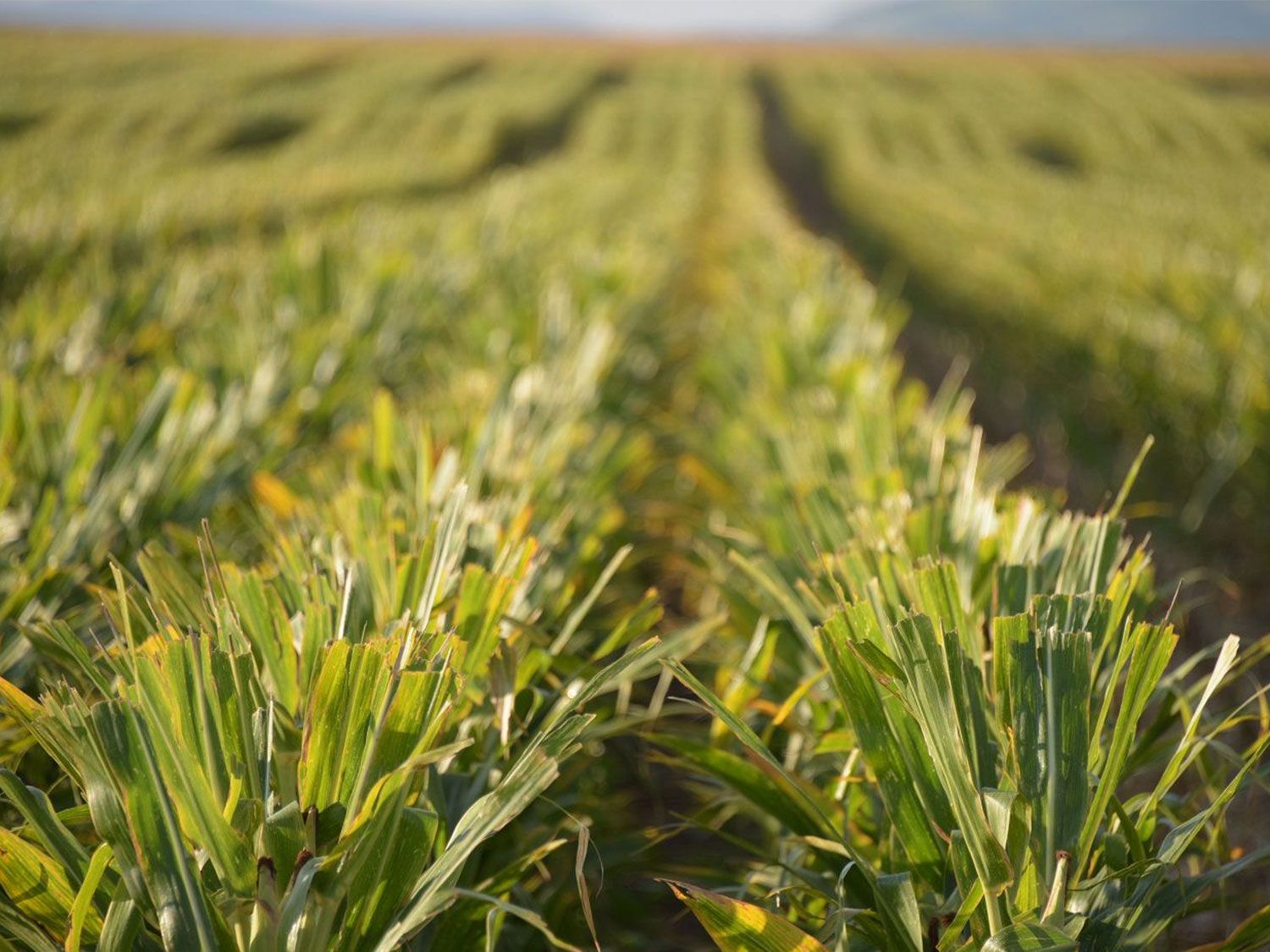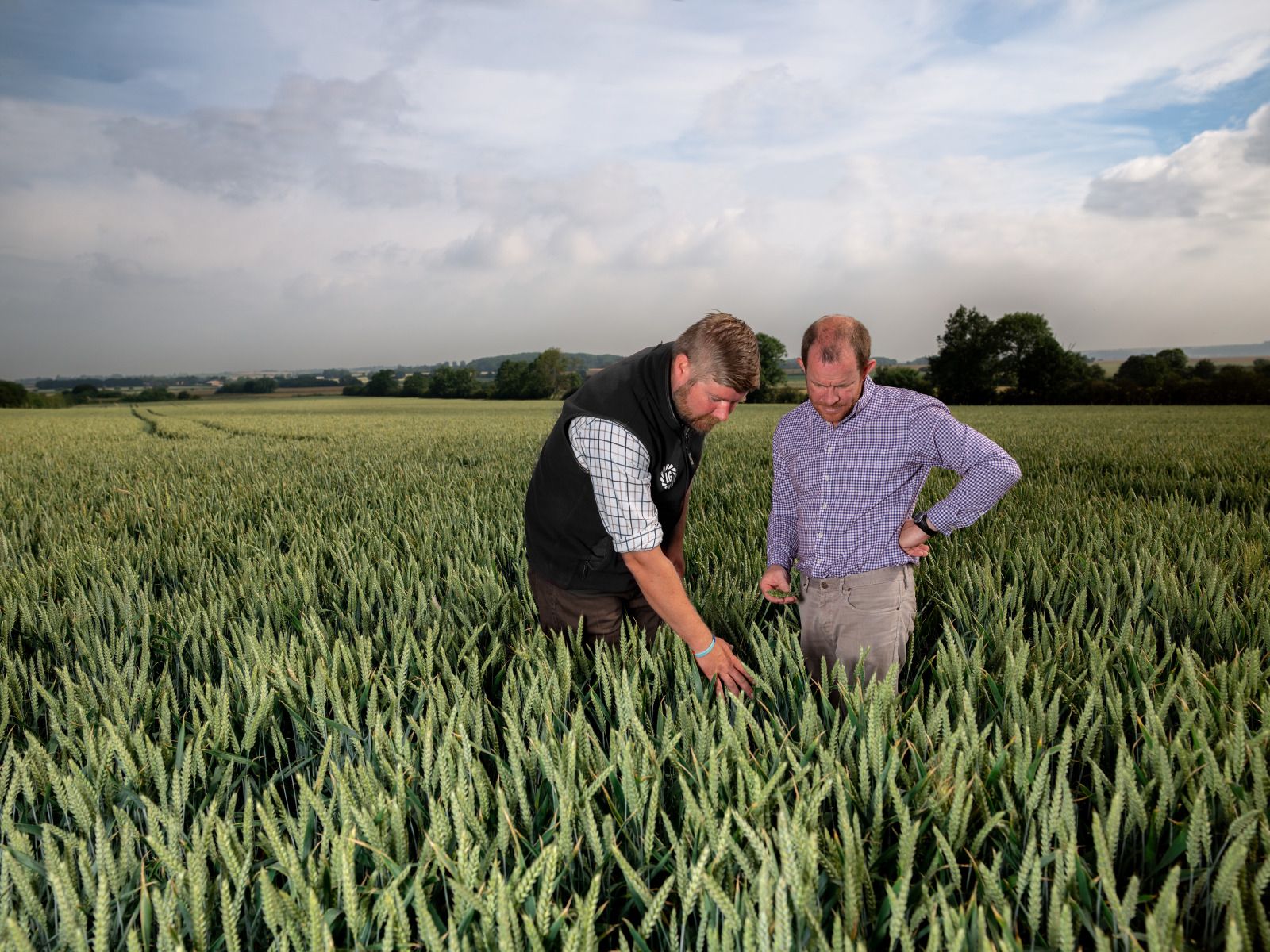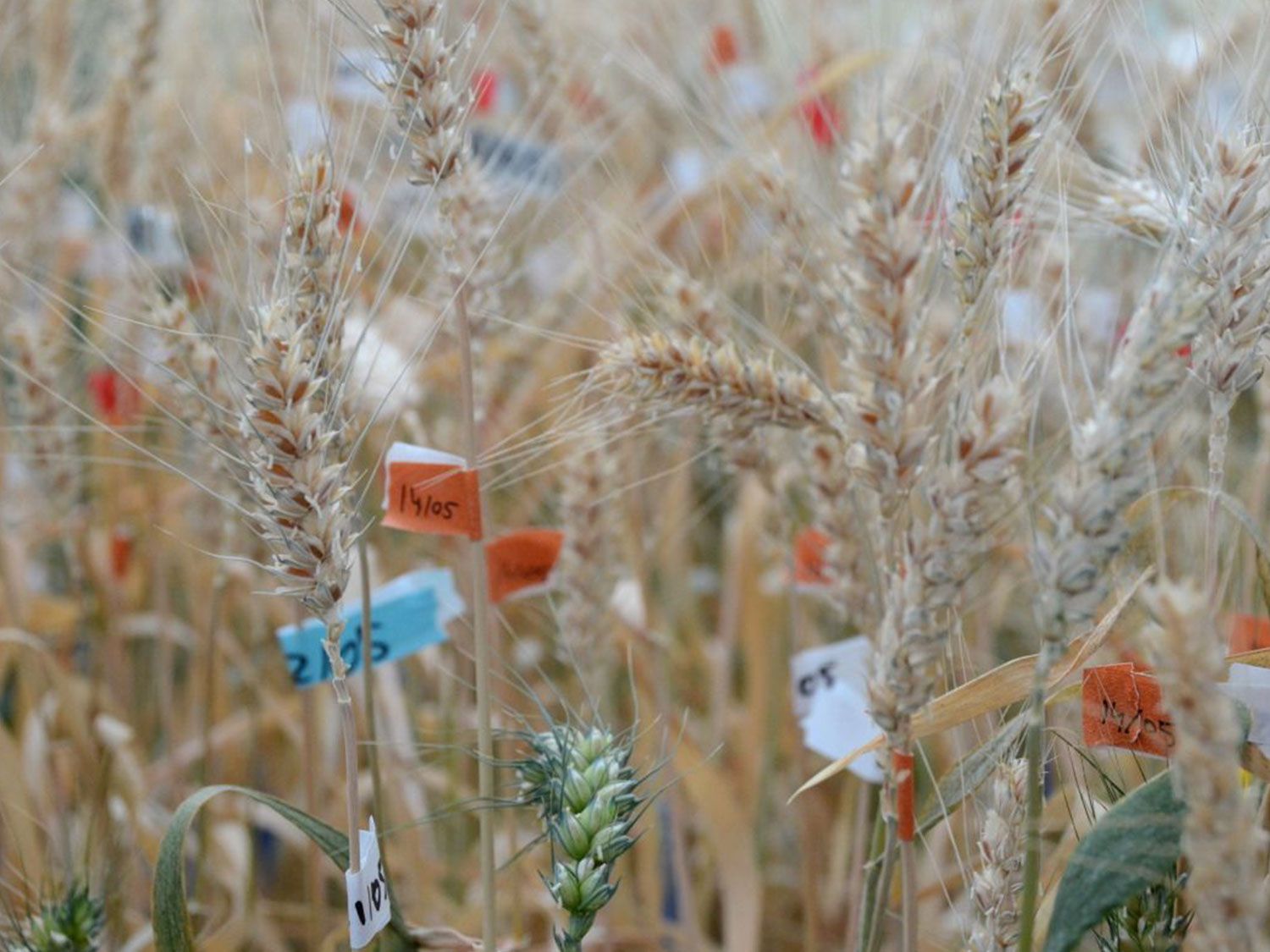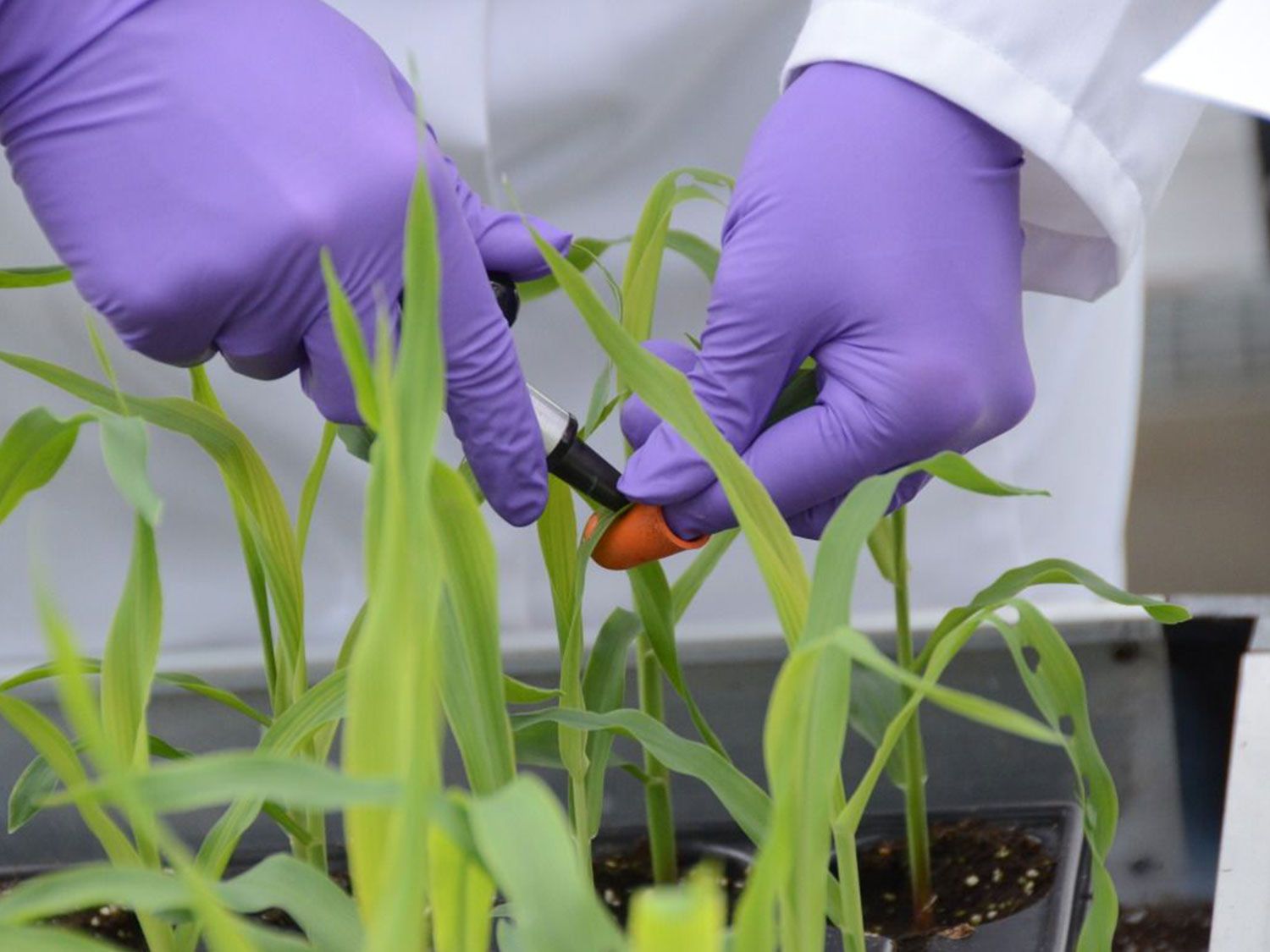Challenges & Convictions
We firmly believe that seeds, and farming in general, have a key role to play in addressing global food challenges.

Background
As a leading seeds and agri-food company, we want to participate in public debates on issues large and small that concern our areas of business, and share our positions with all our stakeholders.
Water and agriculture

Climate change is causing notable shifts in rainfall patterns, affecting both frequency and distribution. Between periods of drought and excessive rainfall, managing water is increasingly becoming a strategic priority, especially for farmers seeking efficient, lasting solutions for their businesses.
At Limagrain, we believe in taking a sustainable and reasonable approach to water management so it benefits citizens, farmers, and regional economic development.
Protecting plant breeding

Every year, we create and bring to market hundreds of new seed varieties, leveraging our historic expertise as a plant breeder. Thanks to these seeds, we can offer plants that are more efficient and better suited to climates and conditions around the world.
Plant breeding takes time, new and ever-evolving technologies, and access to genetic resources. That is why, at Limagrain we pay particular attention to maintaining a healthy balance between free access to genetic resources and protecting plant breeders’ intellectual property rights—without this system, we would not be able to finance our research.
Genetically modified organisms or GMOs

Alongside conventional plant breeding, genetically modified plants obtained using plant biotechnologies represent one of the solutions to the major agricultural challenges we face now and in the future. Genetically modified seeds represent over two-thirds of the field seed market value and are primarily sold in North and South America and South Africa.
At Limagrain, we devote over 10% of our research effort to plant biotechnologies, which include GMOs, in countries where this research and its application in the field are authorized.
Access to new genomic techniques

At Limagrain, we believe new genomic techniques (NGTs) are a complement to conventional breeding methods. By using these faster and more precise techniques, breeders can harness the full potential of a plant’s desirable traits. Although these traits may exist in the wild, they are rarely encountered.
These techniques, including the “genetic scissors” system that received the 2020 Nobel Prize in Chemistry, enable us to find the needle in the haystack!
Given the world’s accelerating climate-related, environmental, and demographic challenges, the time-saving benefits these techniques provide are crucial for agriculture. That is why we support requests to modify the European regulatory framework.
The quality of our food products

Nowadays, both consumers and manufacturers expect products to be authentic and natural. They want simpler recipes—with short and transparent ingredient lists—and short supply chains that guarantee traceability. Our agri-food chain activities have consistently met those demands for over 40 years.
Indeed, our food products are made from the cereals—and new crops—developed by our agri-food chains using the farming produce (primarily wheat, corn and pulses) grown by our Cooperative members.